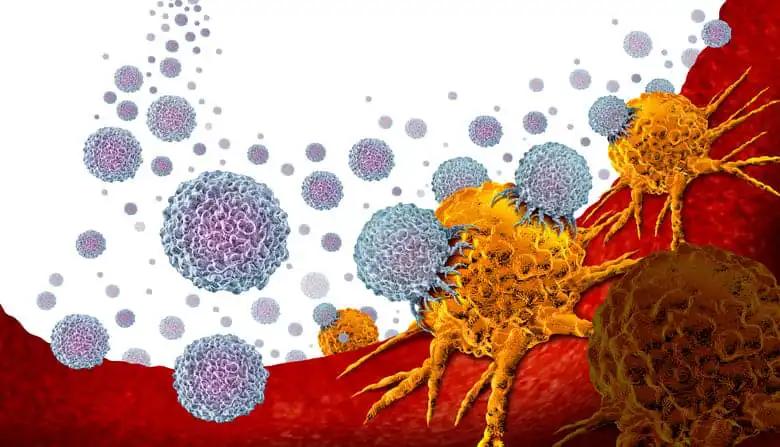KEY TAKEAWAYS
- The EMBARK phase 3 trial aimed to examine nursing implications of efficacy, safety, and PROs for enzalutamide treatments.
- The primary endpoint was MFS.
- The results showed that enzalutamide treatments improve MFS without the impact of PROs. Nurses assess symptoms, educate patients, and promote holistic care.
Nurses play a pivotal role in supporting patients facing biochemical recurrence (BCR) after prostate cancer treatment within a decade.
Monique Williams and the team aimed to explore nursing implications of efficacy, safety, and patient-reported outcomes (PROs) for enzalutamide treatments in high-risk BCR.
The study involved patients with high-risk BCR of prostate cancer. Participants met criteria such as PSA doubling time ≤9 months and PSA levels ≥2 ng/mL above nadir post-radiotherapy or ≥1 ng/mL post-radical prostatectomy ± postoperative radiotherapy.
They were randomly assigned (1:1:1) to receive combination therapy (enzalutamide 160 mg/day + leuprolide 22.5 mg every 12 weeks), leuprolide alone (placebo + leuprolide), or enzalutamide monotherapy.
The primary endpoint, metastasis-free survival (MFS), comparing enzalutamide combination to leuprolide alone, was assessed via blinded, independent central review. Secondary endpoints included MFS comparing enzalutamide monotherapy to leuprolide alone, safety, and patient-reported outcomes.
The results revealed that out of the 1068 patients included in the study, MFS was significantly improved for both enzalutamide combination (hazard ratio [HR] 0.42; 95% 95% CI 0.30–0.61; P<0.0001) and enzalutamide monotherapy (HR 0.63; 95% CI 0.46–0.87; P=0.0049) compared to leuprolide alone.
No new safety concerns were observed. PROs showed no significant differences between either treatment group and leuprolide alone regarding the time to first confirmed clinically meaningful deterioration (TTFCD) in the worst pain in the past 24 hours or overall quality of life (QoL).
However, enzalutamide monotherapy exhibited a significantly longer TTFCD in sexual activity compared to leuprolide alone. The enzalutamide combination showed a significantly shorter TTFCD for hormone treatment-related symptoms than leuprolide alone.
The study concluded that both enzalutamide combination and monotherapy improved MFS compared to leuprolide alone, with no adverse effects on patient-reported outcomes. Enzalutamide monotherapy may offer better preservation of sexual activity. Nurses are crucial in monitoring patients’ disease progression and educating them about treatment options. They should prioritize holistic care, addressing psychosocial well-being, exercise, nutrition, and sleep, and providing referrals as necessary.
The trial was sponsored by Pfizer.
Source: https://ons.confex.com/ons/2024/meetingapp.cgi/Paper/14871
Clinical Trial: https://clinicaltrials.gov/study/NCT02319837
Williams M, Freedland FSJ, Huebner T, et al. (2024). “Treatment with Enzalutamide in Patients with High-risk Biochemically Recurrent Prostate Cancer from the EMBARK Trial: Nursing Implications.” Presented at ONS 2024 (I17)



